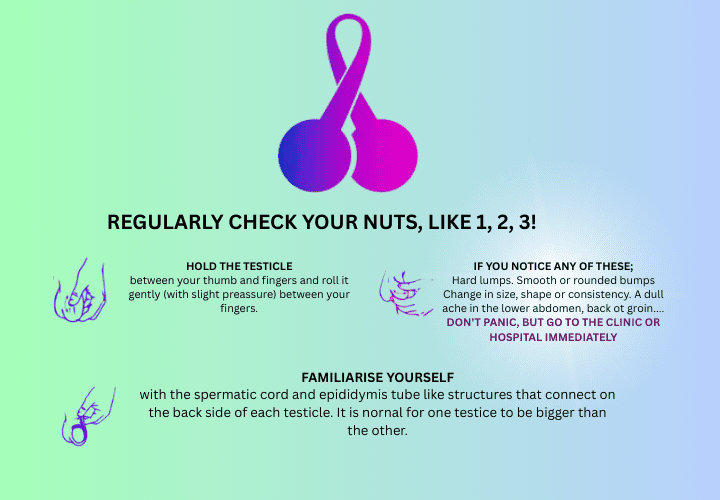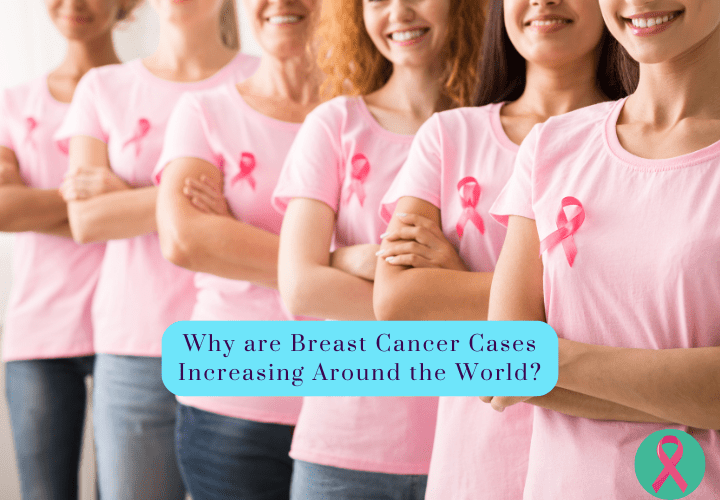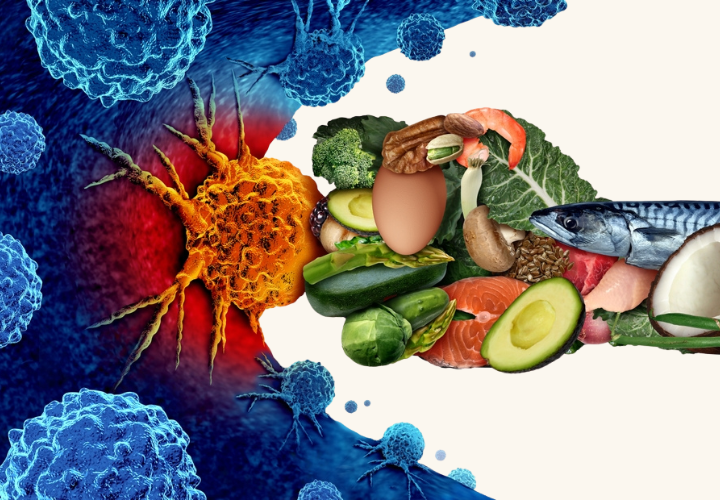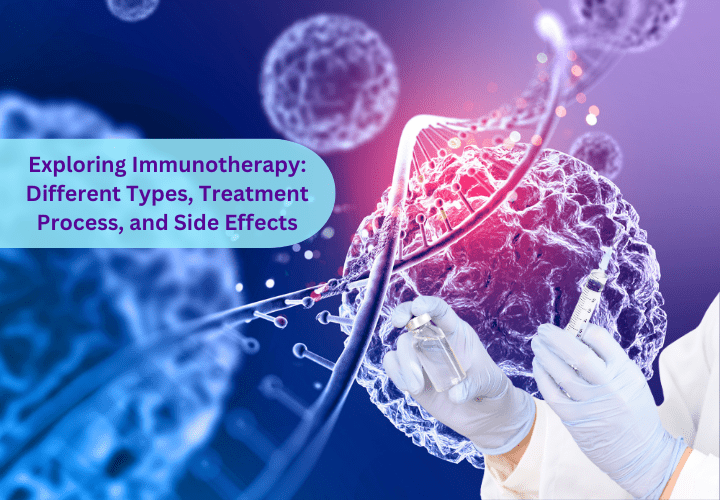What to Know About 3 Common Misconceptions around Food and Cancer Risk?

What to Know About 3 Common Misconceptions around Food and Cancer Risk?
- onco
- June 27, 2023
In today’s health-conscious world, people are increasingly concerned about the impact of their diet on their overall well-being, including the risk of developing cancer. However, amid the abundance of information available, it’s crucial to separate fact from fiction. Are you concerned about cancer risk factors? Look no further than Oncoplus, your ultimate destination for comprehensive cancer care. Here in this blog, we will explore three common misconceptions surrounding food and cancer risk. By debunking these myths, we hope to provide a clearer understanding of the relationship between diet and cancer and empower individuals to make informed choices for their health.
Three Standard Fabrications about Food and Cancer Risk:
- Misconception 1: Sugar directly causes cancer:
One prevalent misconception is that sugar consumption directly causes cancer. While it is true that excessive sugar intake can contribute to various health issues, including obesity and type 2 diabetes, the link between sugar and cancer is not as straightforward.
Cancer cells rely on glucose (sugar) to grow and multiply, leading to the misconception that sugar directly causes cancer. However, it is essential to note that sugar itself is not the sole culprit. The body’s metabolism is a complex process, and cancer development involves numerous factors, such as genetic predisposition, exposure to carcinogens, and chronic inflammation.
Rather than singling out sugar, it is more beneficial to focus on overall dietary patterns and maintain a balanced, nutrient-rich diet. Reducing the consumption of processed foods, sugary beverages, and sweets can help mitigate the risk of various health problems, including cancer.
- Misconception 2: All processed meats are equally carcinogenic:
Processed meats have long been associated with an increased risk of cancer, particularly colorectal cancer. However, not all processed meats are created equal in terms of their carcinogenic potential. The World Health Organization’s International Agency for Research on Cancer (IARC) classifies processed meats as Group 1 carcinogens, meaning they are known to cause cancer.
It’s important to note that the classification of processed meats as carcinogens does not imply that all processed meats are equally hazardous. The level of risk varies depending on factors such as the specific type of processed meat, the processing methods used, and the overall dietary pattern.
For example, highly processed meats like bacon, sausage, and hot dogs, which often contain additives and preservatives, pose a higher risk than minimally processed meats like fresh deli cuts. The way processed meats are cooked (e.g., grilling at high temperatures) also contributes to the formation of potentially harmful compounds.
Instead of completely eliminating processed meats from your diet, consider moderate consumption and opt for healthier alternatives such as lean cuts of fresh meat, poultry, fish, or plant-based protein sources like legumes and tofu.
- Misconception 3: Super foods alone can prevent cancer:
The term ‘super food’ has gained considerable popularity in recent years, with claims that certain foods possess extraordinary abilities to prevent or even cure cancer. However, it is important to approach such claims with a critical mindset.
While certain foods are rich in beneficial compounds that can support overall health and potentially reduce cancer risk, no single food or super food can single-handedly prevent or cure cancer. Cancer is a complex disease influenced by various factors, including genetics, lifestyle choices, and environmental exposures.
Rather than fixating on individual foods, it is crucial to adopt a holistic approach to nutrition. A balanced diet rich in fruits, vegetables, whole grains, lean proteins, and healthy fats provides a wide array of essential nutrients and antioxidants that support overall health and may help reduce the risk of developing cancer.
In conclusion, when it comes to food and its relationship with cancer risk, it is essential to navigate through the sea of information and dispel common misconceptions. While sugar consumption should be moderated to maintain a balanced diet, it is not the direct cause of cancer. Similarly, not all processed meats carry the same level of risk, and choosing healthier options and moderation can help reduce potential harm. Lastly, while certain foods offer health benefits, relying solely on ‘super foods’ is not a foolproof cancer prevention strategy. It’s essential to adopt a holistic approach to nutrition, focusing on overall dietary patterns rather than fixating on individual foods. Embracing a well-rounded diet rich in nutritious whole foods, along with other lifestyle factors such as regular physical activity, avoiding smoking, and maintaining a healthy weight, can collectively contribute to a lower risk of cancer and promote overall well-being.
At Oncoplus, we understand that cancer is a complex disease influenced by various risk factors. Our team of expert oncologists specializes in identifying and managing these risk factors to reduce the chances of cancer development. With our personalized approach, we strive to empower individuals with the knowledge they need to make informed decisions regarding their health. Seeking advanced cancer screening, or exploring top-notch cancer treatment in Delhi? Contact Oncoplus now to schedule a consultation and take the first step towards comprehensive cancer care.
Recent Posts
-
Can Testicular Cancer affect fertility?
April 23, 2025
-
Why are Breast Cancer Cases Increasing Around the World?
April 17, 2025





Leave a Reply